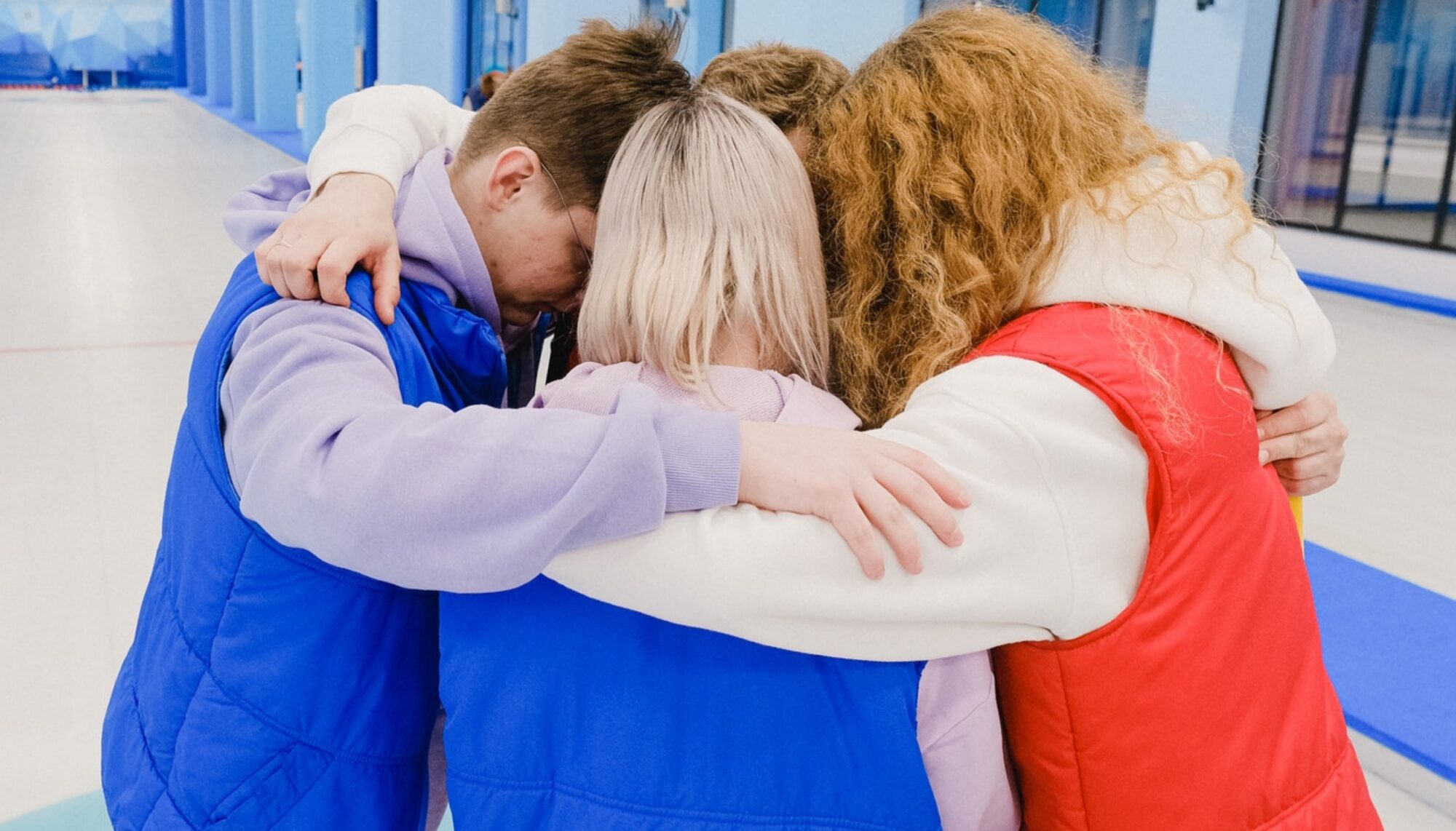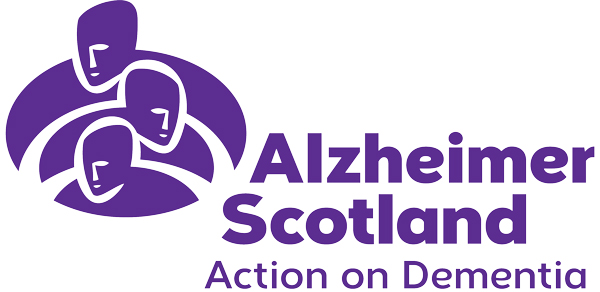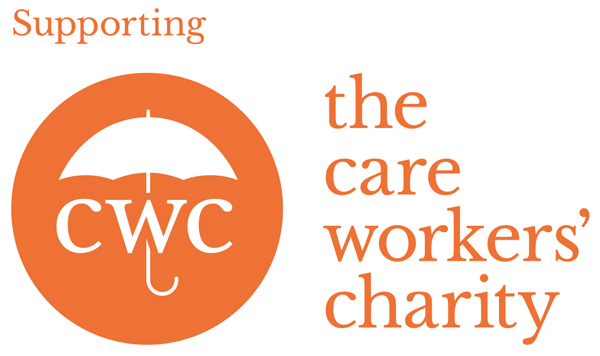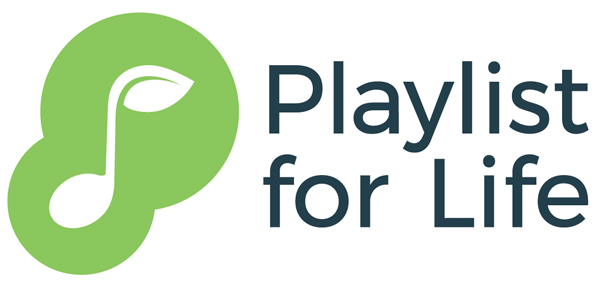
- Balhousie Care staff open up about the COVID pandemic in exclusive new research
There is a “moral obligation” to provide more psychological support to care home staff as they continue to live with the impact of the COVID-19 pandemic.
That is the conclusion of a research study in which staff from leading care provider Balhousie Care Group share the emotional and physical effects of the pandemic, and their coping mechanisms.
Care and nursing staff who took part in the study, conducted by the University of the Highlands and Islands and Northumbria University, share how they sacrificed their own family lives for the sake of turning up to work every day and looking after their residents. They also tell of how they kept each other’s spirits up and turned to each other for emotional support.
“It’s a war in a lot of ways,” said one respondent. “We have to stick together then keep moving forward.”
The research team also drew comparisons between their findings and stories of the camaraderie that occurs in the military during wartime. Dr Michelle Beattie, Senior Lecturer at the Department of Nursing and Midwifery at the University of the Highlands and Islands and Research Lead, said the research team was struck by how Balhousie Care staff supported each other through the toughest times the care sector has ever seen.
“They felt like it was a war against the pandemic. There was a sense of ‘we need to pull together and face this together’. You read about that sense of camaraderie in the military and people deploying to war but not that much in healthcare. None of us had seen that before in any previous work,” said Dr Beattie.
The researchers were “blown away” by the personal sacrifices made by staff, which included moving out of their own homes so that they reduced their chances of passing on the virus to care home residents, said Dr Beattie. “Not seeing your children because you want to protect your residents from COVID. To me that’s a whole other level of self-sacrifice,” she said.
In the words of one respondent who took part in the study: “I had said to myself from Day One, I would never not go and care for my residents. That’s just not me. I wouldn’t put myself before them. I’ve been in this job for 10 years, and I’m not going to let some virus take away what my life is. I’ve put my life into this job.”
Care home managers share the extra stress of supporting their teams in an ongoing crisis, while not revealing their own struggles. Coping mechanisms included tears and laughter in equal measure, the study found. “I found myself sneaking off to the toilet to have a wee cry, just to get the emotions out… I never took work home with me, I just left it there,” said one respondent.
“Honestly you have just got to laugh. It’s a very serious job, taking care of people, but you just need to be able to have a laugh and a sing song and get Alexa on. That’s how I’ve coped,” said another.
Dr Beattie said the poignancy of some of the accounts led researchers to find their own coping mechanisms. The research team formed a buddy system so that after interviews with Balhousie staff a researcher was able to debrief and talk to a colleague for support.
Respondents to the study were brutally honest about the difficulties of being under scrutiny from the public, the media and health inspectors whilst dealing with outbreaks of COVID-19 and staff absences. They told of the “unreasonable and unrealistic” demands on them from inspectors. “We’ve not had COVID and here’s the inspector picking me up because I’ve got version two of a poster instead of version three. It’s just ridiculous,” said one respondent. Another concluded: “Sometimes people are forgetting these are residents’ homes.”
One respondent explained their frustration with the public and media focus on the NHS: “Where everybody flocked, again, to the NHS to support and volunteer and the nurse banks flourished, we were again in the dark going ‘Hello, can somebody come and help us?’”
Since the start of the pandemic, Balhousie Care Group has introduced a new employee assistance programme which offers free counselling and advice, and worked with one local authority to create ‘reflective sessions’ for staff to help with their wellbeing during the pandemic. Homes have also set up private chat groups for staff and private Facebook pages for relatives, to aid communication among staff and between care homes and relatives.
Said one respondent in the study: “Those words of support [on our home’s social media page] have been great, and I know that if there’s anything anybody has a problem with or if I had a problem, then we can open up in our group chat.”
The study concludes that there is “a moral obligation to provide psychological support to care home staff” to avoid distress and psychological health problems. It recommends ‘safe spaces’ for healthcare workers to reflect on their pandemic experiences, a “cultural shift” to acknowledge their “unique and high-quality contribution to care”, and care home inspections that are supportive and “avoid a ‘tick box’ mentality.”
The qualitative mixed methods study took place over four months between January and May 2021. Academics surveyed 52 healthcare workers from Balhousie Care Group’s 26 care homes, conducting follow-up interviews with thirteen.
Lindsay Dingwall, a co-author of the study and Clinical Care Quality Manager at Balhousie Care Group, said: “The commonly used word to describe a hero is ‘to show courage’, so we can safely say that since March 2020 care home staff have earned that description. As emotional and raw as this study was for our respondents and the researchers, it was hugely important to be part of it. For the sake of our employees and residents, and in honour of everyone who has lost a life in the last two years, we wanted to help document not only what care workers have gone through, but also their dedication to their jobs. A massive thank you must go to the respondents who took part.”
The full results of the study can be found here: Stress and Coping Experiences of Nurses and Care Workers in a Care Home Setting During the Covid-19 Pandemic (uhi.ac.uk)
More about the findings can be heard in a podcast produced by Balhousie Care Group. Listen here.
For more information on Balhousie Care Group visit www.balhousiecare.co.uk
< ENDS >
For media enquiries please contact Gillian Drummond on gillian.drummond@balhousiecare.co.uk or call 01738 254254/07365 284994.
For media enquiries to UHI contact Angela Cran, Communications Officer, University of the Highlands and Islands on communications@uhi.ac.uk or call 07385 433532
Notes to Editors
About Balhousie Care Group
Balhousie Care Group was formed 30 years ago to fill a gap in quality residential care in North East Scotland. Today, with 26 homes in the area, it is one of the leading providers of care for the elderly in Scotland, providing care to over 900 residents.
Balhousie Care prides itself on its person-centred approach to care. Putting people right at the forefront of everything they do; it’s inclusive of everyone. They capture this philosophy through the roll out of ‘Together We’re Great’, an initiative which recognises the skills, talents, attributes and support areas for each and every person involved in the organisation. Together We’re Great aims to value individuality and promote excellence across the organisation.
A Participation Charter – a first-of-its-kind in the care home sector – commits to residents getting a bigger say than ever in the care they receive, from writing care home policies to recruiting staff.
Balhousie Care Group is the recipient of numerous awards. These include three Scottish Care Awards, a 2021 Great British Care Award, 2019 Growth Business and 2018 Service Business of the Year at The Courier Business Awards, 2019 Growth Business of the Year Perthshire Chamber of Commerce STAR Award, and SME Scotland Business Man of the Year 2019 for Chairman Tony Banks.
About the University of the Highlands and Islands
The University of the Highlands and Islands is a regional tertiary education partnership, serving the communities of the Highlands and Islands, Moray and Perthshire. Our research and innovation activity is centred in our communities and we use our expertise to collaborate and engage with national and international projects and initiatives. We are playing a vital role in supporting our region during the COVID-19 pandemic and will work with our communities to address the challenges and opportunities this brings.
Find out more information about research carried out by our Department of Nursing and Midwifery at https://www.uhi.ac.uk/en/studying-at-uhi/nursing/research/
About Northumbria University
Northumbria University is a research-intensive modern university with a global reputation for academic excellence.
Northumbria’s Department of Nursing, Midwifery and Health has a well-established and thriving community of internationally recognised academics producing world-class research in areas spanning all aspects of health and social care, from educating the workforce and investigating experiences of health and illness, to delivering and organising care.
Northumbria is one of the largest providers of health education and training in the north of England. Find out more about our range of Nursing and Midwifery courses, ranked Top 20 by the Guardian University Guide 2022.









